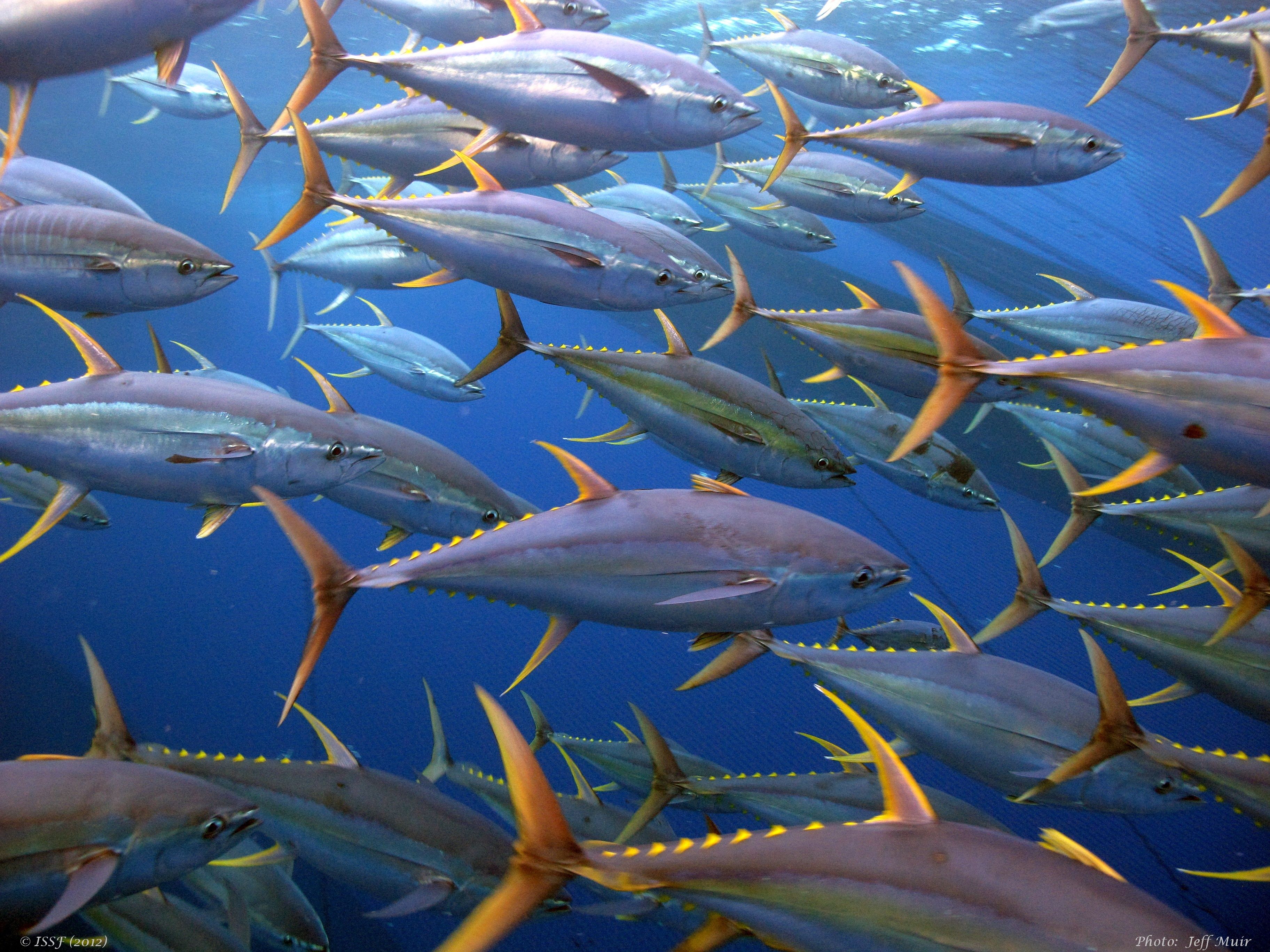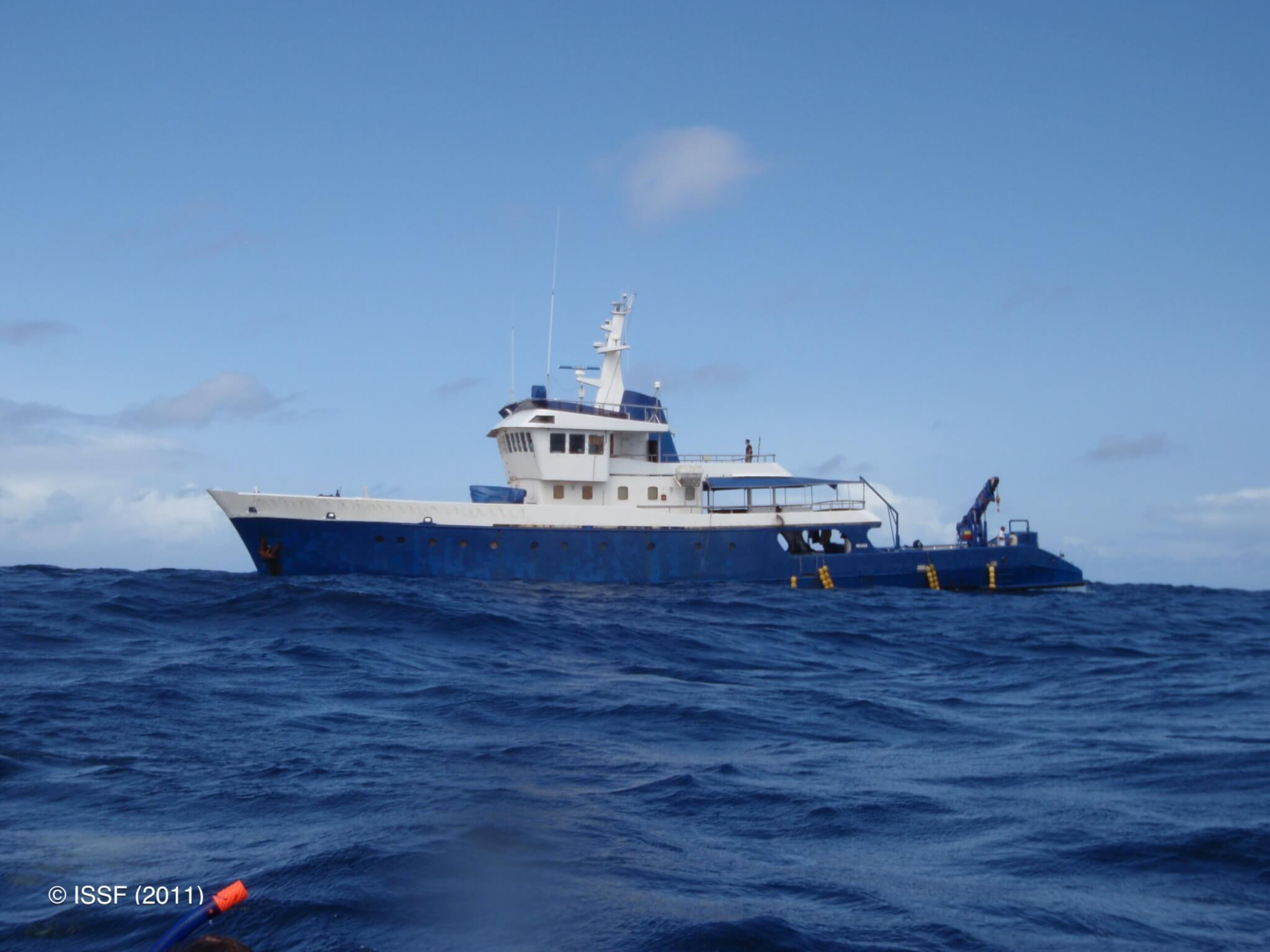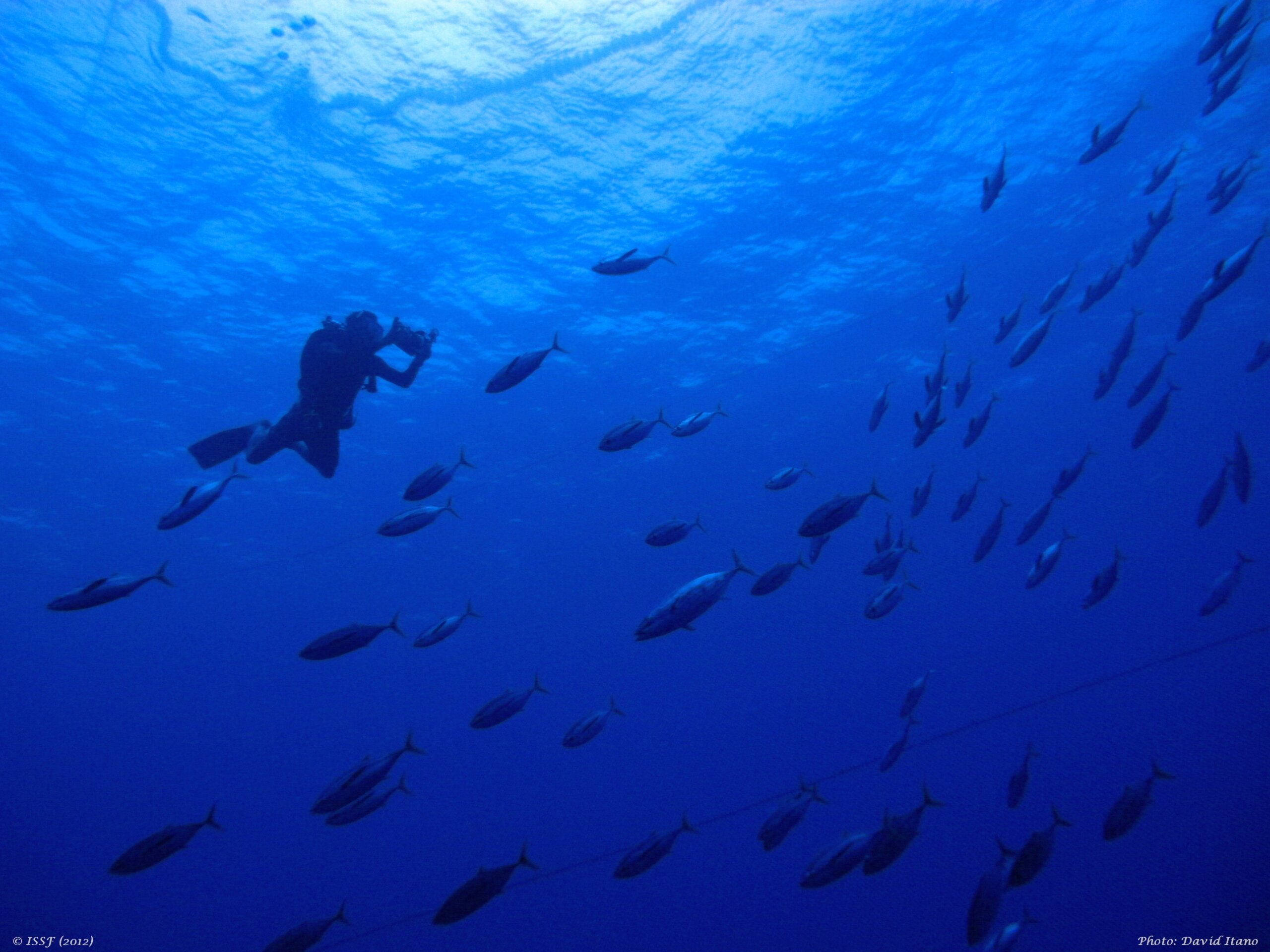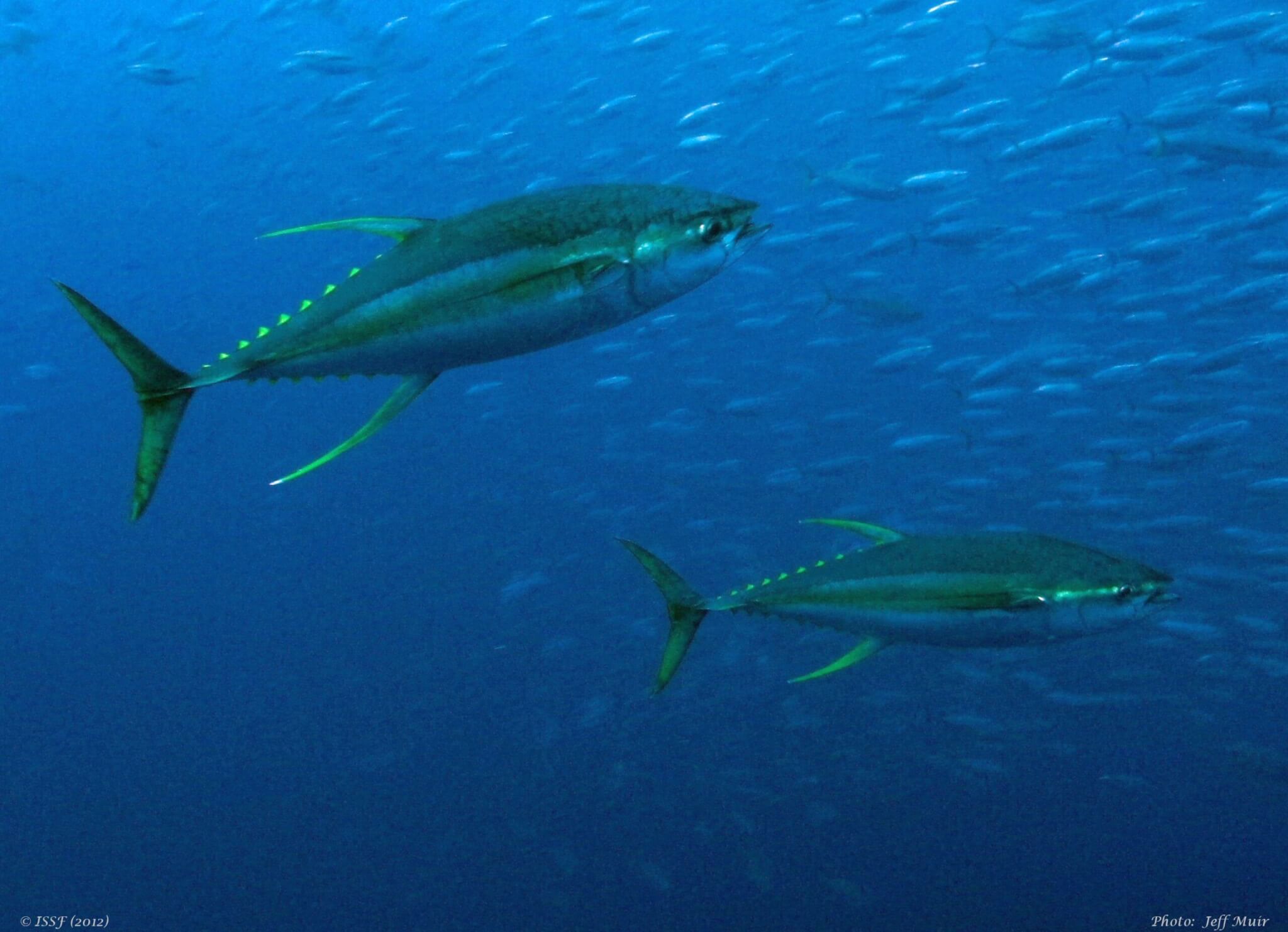
World Tuna Day 2016
In honor of World Tuna Day, ISSF is taking a moment to reflect on recent successes and look ahead to what fisheries managers should be focused on accomplishing in the years to come. Here are some of the recent happenings in tuna conservation that we think deserve some reflection.
When it comes to harvest strategies, among the most important policy prescriptions for maintaining and recovering tuna stocks, three out of four of the tuna RFMOs have made meaningful strides. A harvest control rule was put into action for the North Atlantic albacore stock, which we hope will act as a guide for other stocks in need of a plan to help rebuild and prevent future overfishing. On the other side of globe, other species of tuna, including yellowfin, bigeye and skipjack, are now a part of a conservation measure from the WCPFC that outlines a plan to develop harvest strategies in the next two years. And in the Indian Ocean region, there was further incremental progress toward the establishment on reference points when the IOTC agreed – in cases where robust MSY-based estimates are not available – that proxies based on biomass depletion models be used to provide advice and recommendations on the status of IOTC species.
In 2015, both IOTC and IATTC followed the lead of WCPFC and ICCAT and created groups to work on FAD management. These working groups are mapping out data collection and management recommendations, as well as research plans where needed with recommendations such as, for example, that all fleets provide detailed information on FAD operations. As these groups continue to have an impact on improved FAD management, ISSF will continue to offer our support as we work toward ensuring all gears are effectively managed.
Our Foundation has continued its commitment to leveraging science to better understand and address the challenges of directly improving tuna fisheries, continuing at-sea investigations last year, many on working tuna vessels in collaboration with a variety of public and private organizations. Research cruises in 2015 focused on reducing the incidental catch of non-tuna species and better understanding and predicting the composition of tuna aggregations. These efforts continue into this year with additional cruises planned across major tuna fishing regions, as do our on-the-ground best practice workshops with tuna fishers in many ports.
Though much progress has been made when it comes to sustainable tuna fisheries, there is still a lot of work to be done. Our Foundation has set many ambitious goals for 2016 and beyond. As we look forward to a new season of RFMO meeting outreach, we have our sights sets squarely on global priorities for the improvement of fisheries management, from protecting tuna stocks – such as bigeye tuna in the Western and Central Pacific or yellowfin tuna in the Indian Ocean – to improved monitoring, control and surveillance – by requiring 100% year-round observer coverage for all large-scale purse seine vessels in IOTC and ICCAT, for example.
On World Tuna Day, all parties that have a stake in tuna fisheries will come together to celebrate the important role tuna plays on a global scale and to raise awareness about conservation of this vital species. We’d like to thank PNA for keeping this annual tradition alive, as we continue to work toward more sustainable tuna fisheries around the globe.
Learn more about how ISSF works toward sustainable tuna fisheries by checking out the following video, “ISSF President Susan Jackson on our Mission & Model”: https://www.youtube.com/watch?v=ZGUoUDhjcmM


